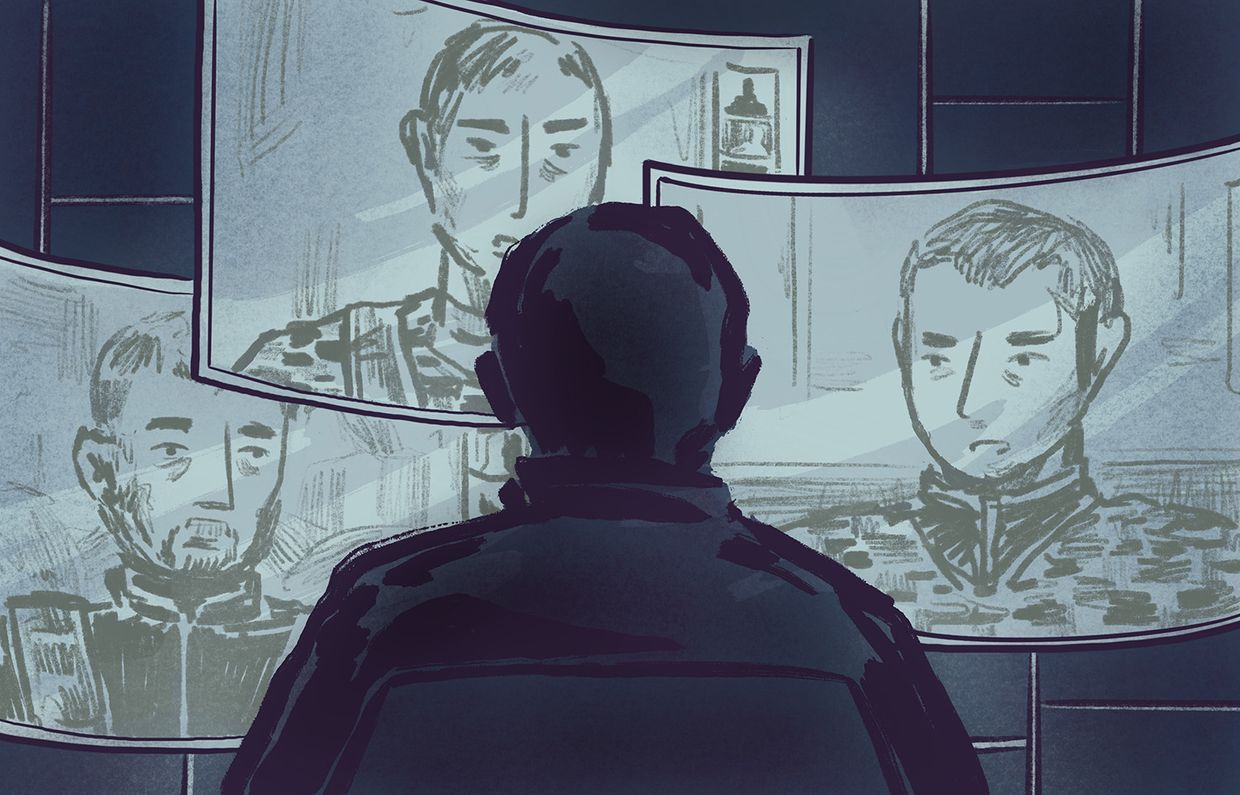'Deepfake' caller posing as Ukraine's ex-foreign minister talks to US Senator

U.S. Senator Benjamin Cardin received a Zoom call from an unknown person claiming to be former Foreign Minister Dmytro Kuleba, the New York Times (NYT) reported on Sept. 26, citing a letter from the Senate security service and its undisclosed sources.
The senator's office received an email from a person posing as Kuleba on Sept. 19 requesting to contact him via a Zoom call. During the video call, the person looked and spoke like Ukraine's former foreign minister.
The senator became suspicious when the person posing as Kuleba began to behave atypically, asking "politically charged questions in relation to the upcoming election" and demanding opinions on sensitive foreign policy issues such as the launch of long-range missiles into Russian territory, the media outlet wrote.
The senator ended the conversation and informed the State Department, which confirmed that the person introducing himself as Kuleba was an impostor who had used "deepfake" technology.
Deepfake video technology uses artificial intelligence to create videos with fictional people who look and sound like real ones. This technology has also been used to impersonate public figures, such as in 2022, when a video that purported to show President Volodymyr Zelensky announcing Ukraine's surrender in the war with Russia was circulated on social media. The video was later debunked.
While the Senate security email did not specify that Cardin was involved, two Senate officials familiar with the matter confirmed it to the NYT.
Cardin, a Democrat from Maryland and the chairman of the Senate Foreign Relations Committee, also confirmed in a statement on Sept. 25 that "the malign actor" had fraudulently attempted to communicate with him by posing as a "known individual." Cardin did not specify that the "known individual" was Kuleba.
It was not clear at first who had organized the operation against Cardin, the NYT said.
Intelligence officials have warned that foreign actors such as Russia, Iran, and China are using artificial intelligence, including "deepfakes," to bolster their election interference efforts, with Russia generating the most content, the NYT reported, citing the Office of the Director of National Intelligence.
The presidential election will be held on Nov. 5, 2024. Democratic candidate and U.S. Vice President Kamala Harris will face Republican nominee and former President Donald Trump.












